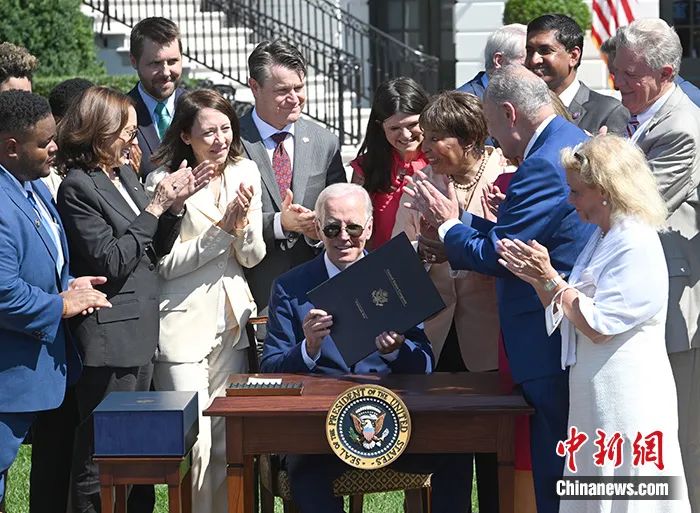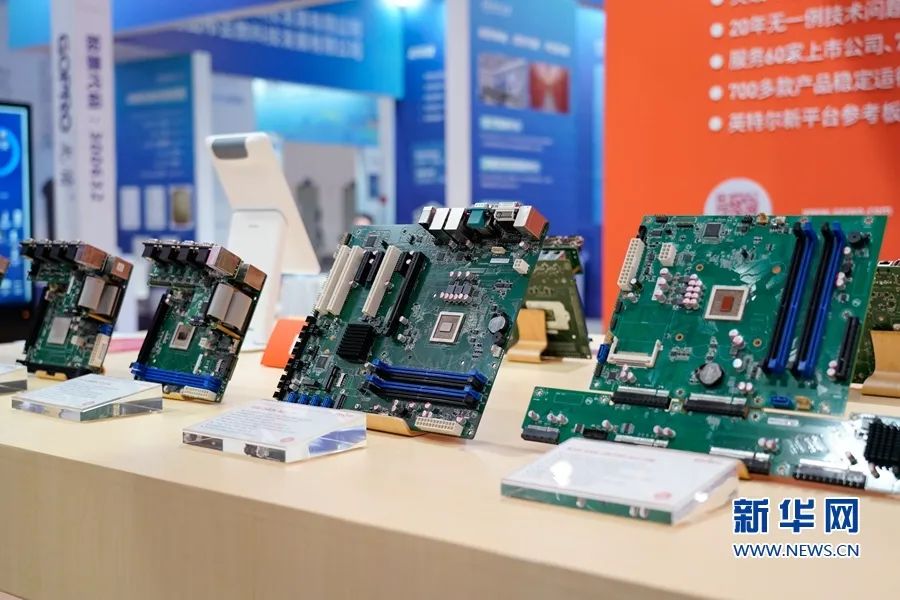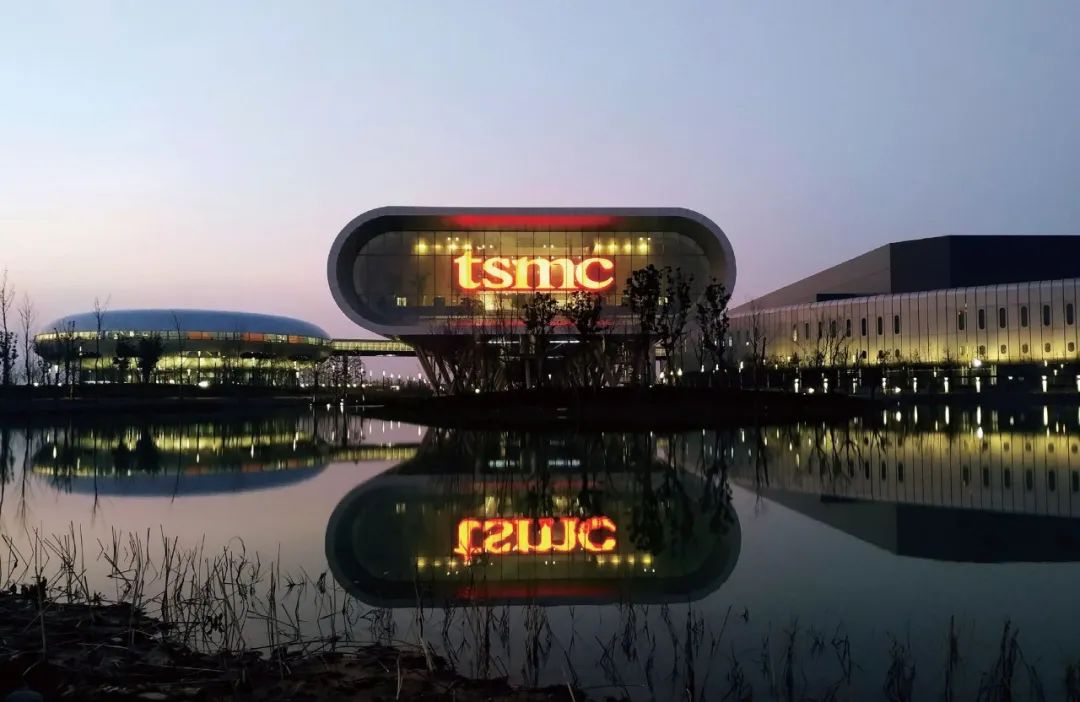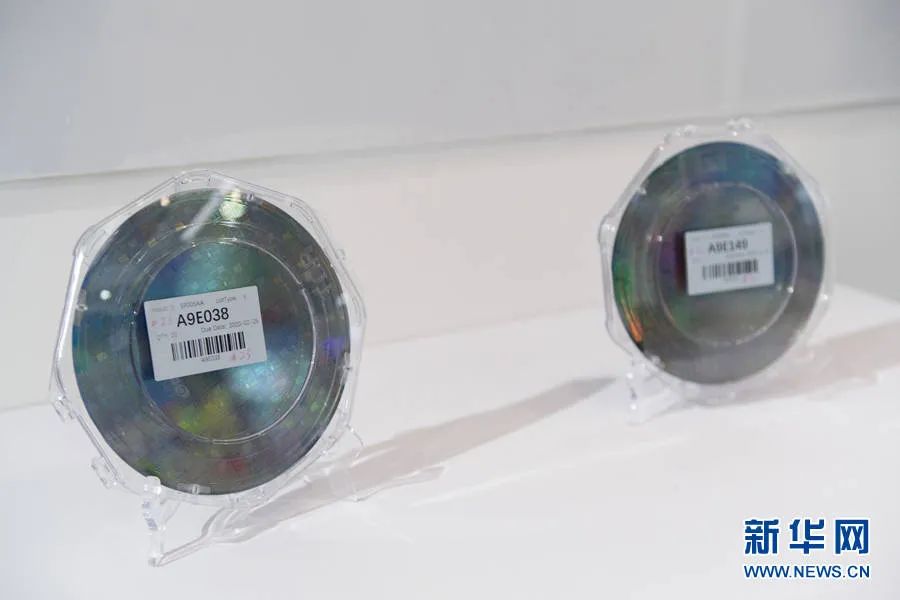In -depth interpretation: What does the United States sign the "chip bill" mean?
Author:China Newspaper Time:2022.08.18

△ On August 9, local time, US President Biden signed the "Chip and Science Act" in the White House.
The world economy, which was already full of turbulent world economy, was once a "destroyer action" by the United States.
On the 9th local time, US President Biden officially signed the "Chip and Science Act" (hereinafter referred to as the "Chip Act"). Earlier in March, the United States proposed that the so -called "chip Quartet Alliance" was formed by the United States, Japan, South Korea, and Taiwan, and it was continuously advancing.
Although the White House describes the purpose of the formulation of the bill to reduce costs, create employment, strengthen the supply chain, and promote the return of semiconductor manufacturing, comprehensive judges of the front and backgrounds, the United States' attempt to obstruct the development of Chinese chips, especially in the bill settled in the bill The "Chinese guardrail" clause forced semiconductor giants to choose to stand in the Sino -US industrial policy.
How should I think of the follow -up impact of the chip bill and what kind of countermeasures China should take? In an interview with the reporter of the China Report, the professor of the American Research Center of Fudan University said that as the underlying support of the digital era, the chip semiconductor is becoming more and more strategic. Nature should objectively recognize that the global semiconductor industry has the motivation to adjust. On this basis, understanding the development of the chip bill, and the development status of the United States and the global chip industry, can objectively treat its effects and influence, and then effectively respond.
"Science and technology blockade" so re -applied
In the era of globalization, the formation of the production supply chain is based on market laws and autonomous choices for enterprises.
Cai Cuihong pointed out to reporters that if technical details are ignored, chips and semiconductor and integrated circuits can basically be regarded as the same concept. After decades of development, global semiconductor companies have formed a tacit cooperation: some companies specializing in foundry, such as TSMC in Taiwan; some companies have complete design and production capabilities, such as Intel and Texas instruments in the United States; they also have independent design companies. Such as the United States Qualcomm, Broadcom, MediaTek in Taiwan.
Specific to the United States, "local invention, offshore manufacturing" is a typical characteristic of the semiconductor industry -the design link with high value -added in China, the production and manufacturing business is outsourced abroad. Under this model, the US's share in global semiconductor manufacturing capabilities fell from 37%in 1990 to about 12%in 2020. During the same period, other major regions in this field exceeded the United States: 22%of Taiwan, China, 21%of South Korea, and 15%of mainland China and Japan, that is, 73%of the entire East Asian region.

△ In the semiconductor industry chain, the integration and testing industry of mainland China is relatively developed, and representative companies such as Changdian Technology, Huatian Technology, and Tongfu Microelectronics have emerged.
"The United States has invented semiconductors, and it is time to take it home." On July 25, local time, Biden specifically mentioned the above data when Bayeng held a video conference on the US semiconductor manufacturing to emphasize the severe situation facing the United States.
The chip bill was signed by Biden two weeks later. The full text was 1054 pages, which listed multiple support methods for the US semiconductor industry. The most concerned is that the federal government will provide 52.7 billion US dollars of industry subsidies between 2022 and 2026, of which 39 billion U.S. dollars are used to fund enterprises' construction, expand or update the wafer fab in the United States, $ 11 billion for research on semiconductor research And development, in addition to investment in the semiconductor industry to enjoy 25%of tax credits. The overall amount of the bill reached 280 billion US dollars, which were implemented in 5 years. This is also the rare industrial policy support for decades in the United States.
Cai Cuihong analyzed to reporters that in addition to semiconductors as a strategic industry, the chip bill was reborn in several backgrounds. First of all, with the development of global economic digitalization, mid -to -high -end products use chip as the core meta -component. The original production structure is difficult to meet market demand, and the contradiction between supply and demand is prominent. Secondly, in the past three years, the epidemic recurrence chip factory has faced stopping work. The production capacity has been severely impacted, which has led to the break of the global semiconductor industry chain and exacerbating the global "core". Third, "This is a strategic competition in the great power, which may be more targeted at China."
The chip bill clearly enumerates the "Chinese rangers" clause: companies that prohibit federal funds from obtaining federal funds have greatly increased their production chips in China in China for a period of 10 years. Companies that violate the ban or fail to amend the violation may need to be returned to federal subsidies in full.
The Ministry of Commerce of China criticized this that some terms restricting the normal economic and trade and investment activities of enterprises in China will distort the global semiconductor supply chain and disturb the international trade. The Ministry of Foreign Affairs also said that China has "resolutely opposed", saying that it should not set up obstacles to the normal scientific and humanistic exchanges and cooperation between China and the United States, nor should it deprive and damage the legitimate development rights of China.
Cai Cuihong believes that the chip supply crisis brought by the epidemic does provides an excuse for the United States to block China by the United States, and the blockade is accelerated to some extent. She said that in the way forward, from the "Badong" to the "Valianson Agreement", to the current entity list and technology decoupled, as long as the United States does not give up the political and economic suppression of China and the demands of single -pole hegemony, it is right. The measures of Hua Technology's blockade will not disappear. The difference is just "when and what reasons and methods."
"Can you make money or not?"
Chip manufacturing is the area supported by the United States at this stage. Subsidies are the key contents of the chip bill. It is understood that the United States has established four major funds to distribute 52.7 billion US dollars to support chip manufacturing, results transformation, cooperation with international enterprises, and cultivating industry talents.
Attraction is obviously existed. According to Cai Cuihong's observation, the bill does not specify which companies can get this financial subsidy. At present, Intel and Meiguang Technology are actively lobbying to apply for subsidies, "may be the biggest beneficiary"; They occupy; Samsung, SK Hynix, TSMC and other non -American companies but business companies in the United States are also concerned about whether they can get the specific amount of subsidies and subsidies. The reporter of the China News noticed that, under the inspiration of the bill, Qualcomm, one of the global memory giants, has come up with a specific plan to reveal its posture. The former announced that it will use the allocation and subsidies provided by the chip bill to increase the share of the US's advanced memory capacity from the global market from less than 2%to 10%. The dollar chip promised a total of $ 7.4 billion by 2028.
Li Yan, an associate researcher of the American Institute of Modern International Relations, told a reporter from China Report that supporting manufacturing will naturally drive relevant companies in the industrial chain to benefit. At present Essence However, subsidies are more to convince companies that investing in factories in the United States can hedge some risks and costs. On the day of the signing of the chip bill, the market gave a clear response. The three major indexes of the US stocks closed down collectively, and the Nvidia and Micron Technology of the semiconductor sector fell by more than 3%.
Li Yan and Cai Cuihong mentioned that the chip bill forced TSMC, Samsung, Intel and other companies to choose to choose to stand to achieve the purpose of marginalization of the Chinese chip industry, which made them more difficult.
△ The realistic map of Nanjing factory district displayed by TSMC.

Public information shows that TSMC has 16 nanometer and 28 -nanometer chip manufacturing factories in Nanjing. Samsung has a storage chip manufacturing plant in Xi'an. Test the factory.
The United States generally uses the advanced process and mature process of 14 nanometer chips. 14 nanometer and below technologies belong to the advanced process. Li Yan believes that the direct impact of the "Chinese guardrail" clause lies in the expansion of companies with complete process and other companies in mainland China, hindering the implementation of advanced chip processes and technologies in mainland China. However, he said that many companies have not planned to develop advanced chip processes in mainland China from the beginning, and their existing mature processes are expected to not be affected.
In fact, the global industrial chain of the deep fusion of raw cutting does not allow the United States to "subjectively want" and "objective". Interviewed experts believe that the support factors such as capital costs, labor costs, and market support for the entire semiconductor industry have been underestimated by the United States.
In 2021, global chip sales were US $ 555.9 billion, and the Chinese market sales reached 192.5 billion US dollars. According to the estimates of Boston Consulting Co., Ltd. and other institutions, if the United States adopts a "technical decourse" policy on China, it may cause US semiconductor companies to lose 18%of global market share and 37%income, and reduce 15,000 to 40,000 high skills. Work.
The industry generally agrees that the investment threshold for building a chip factory is about $ 10 billion, and it takes many years to continue to invest. The chip bill directly involves the chip's funds of only more than 50 billion U.S. dollars. Zhang Zhongmou, the founder of TSMC, also pointed out that the United States lacks manufacturing talents, and the cost of manufacturing chips is about 50 % higher than that of Taiwan, China. "As far as data is concerned, it is easier to see that the impact of chip bills on the global semiconductor industry chain in the short term does not reach the degree of media propaganda." Cai Cuhong said.
Competition has become more and more intense. The reporter sorted out and found that after 2020, the European Union, Japan, South Korea, and Taiwan all introduced the support strategy to further consolidate the advantages of the semiconductor industry. Cai Cuihong told the reporter of China News that more and more "players" joined together, which together constitute the motivation for profound adjustments in the global semiconductor industry. This shows that the industrial pattern is not just transferred with the will.
Further independent controlled and internationalization
△ At the Smart Expo in 2021, the new R & D institution jointly built by China Electricity Division and Chongqing City, and 8 -inch wafers displayed on the spot with Microelectronics Center.

The chip bill has further suppressed China in the field of semiconductors, and how China has received widespread attention.
Li Yan believes that the characteristics of the chip bills and "drawing" and "draw" also inspire my country's chip semiconductor development to achieve the autonomous control and controlling of key technologies. Peaceful competition.
He said that in the long run, many companies interested in interacting with chip bills are also the objects that my country wants to fight. "The technology of TSMC, Samsung and other companies is the world's leading technology. Even if the independent and controllable development of chip technology in my country is fast, the product may not be able to adapt to the global market in the short term. It is necessary to lead manufacturers in China to connect us with the global market."
The necessity, Li Yan explained that semiconductor iterations generally take 5 years as a large cycle, 3 years as a small cycle, and the core of iteration is chip, and the others are assisted. Lack of advanced craftsmanship and equipment, may "develop backward", and lag behind more than one generation and second generation. The products can hardly bring commercial value.
Interviewed experts believe that if you learn from the United States' approach to make TSMC, Samsung and other selection stations, they may increase their pressure. It is worth noting that some of the terms in the bill are more vague, and the enterprise exists in operating space. Li Yan mentioned that in accordance with the requirements of the bill, the company's production capacity was transferred to the United States to get subsidies, so a worry may exist -when the transfer is completed, if the United States takes adventure, such as comprehensive science and technology embargo on China, such as comprehensive science and technology embargoes, such as comprehensive science and technology embargo. It will destroy them to participate in the global market. Such enterprises "will strive to strive for a possibility", such as using government -enterprise relations to find a cracking space for relevant terms. Only 3 days after the chip bill took effect, the Industrial and Security Agency of the US Department of Commerce issued an announcement saying that the four "emerging and basic technologies" were included in new export control, involving the fourth -generation semiconductor materials, specially used for 3 nanometer and below chip design ECAD software, etc.
Some analysts said that although the announcement did not directly mention China, my country is currently listed as one of the countries in the United States as one of the national security control, and the probability will be set up. In Li Yan's view, not only the "Chinese guardrail" clause, which is matched with the bills, the United States will increase export controls like this, which is actually a real test facing my country.
The opportunity also exists together. Cai Cuihong believes that the chip bill objectively provides valuable domestic market resources for Chinese companies. For example, in the field of chemical mechanical polishing equipment, the United States and Japan occupied 98.1%of the market in my country in 2017, and domestic polishing equipment has now recaptured 70%of its share. She said that the United States suppressing China will only strengthen China's determination to master cutting -edge technology and accelerate the pace.
The established direction is clear -to strengthen capital and scientific research, accelerate talent training and introduction, realize the autonomous and controllable core technologies, and form a complete semiconductor industry chain of industry -university -research. The global "core lack" problem is serious, and Cai Cuihong emphasizes the importance of developing the international market. "my country can now mass production of 14 nanometer -level chips, meet the needs of 70%of domestic semiconductor production processes in China, which can increase production capacity to the world and open up the surrounding markets and peripheral markets."
Written: "China News" reporter Chen Ke
Photo: Xinhuanet, Zhongxin.com
Responsible: Xu Hao
- END -
good news!Kaizhou Smart Park 5G Innovation Innovation Project has won municipal awards

On August 5th, the 5th Blooming Cup 5G Application Contest was successfully held i...
"German Applied Chemistry" reports the new progress of Hydrogenation of hydrogen peroxide of Huaji overcover catalyst

Recently, Professor Hua Li Chunzhong has made new progress in the field of single ...